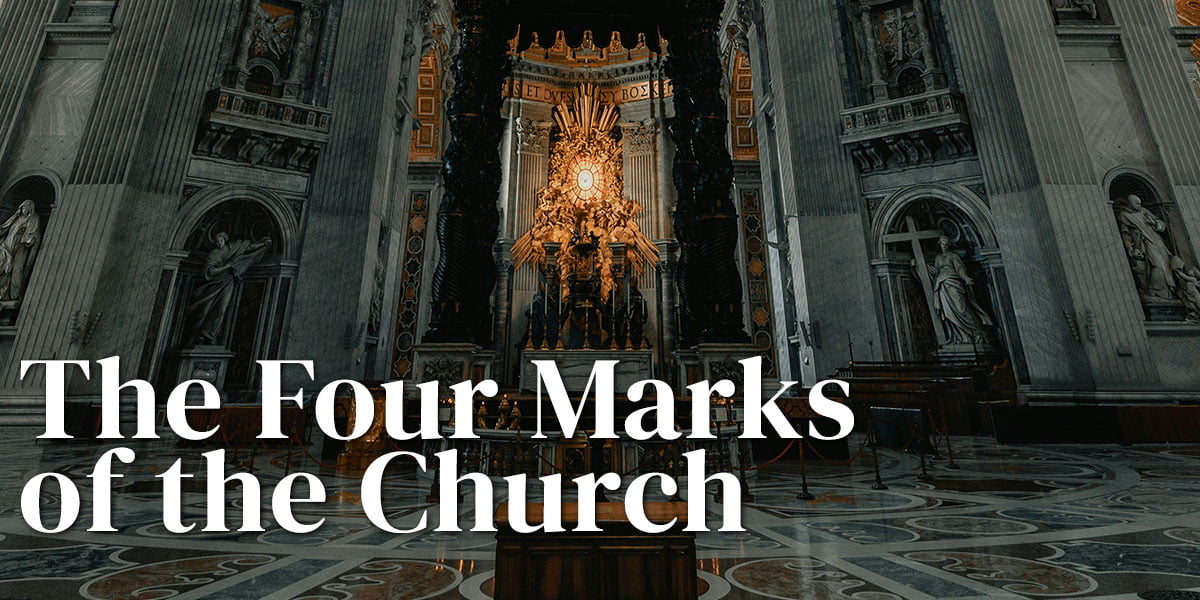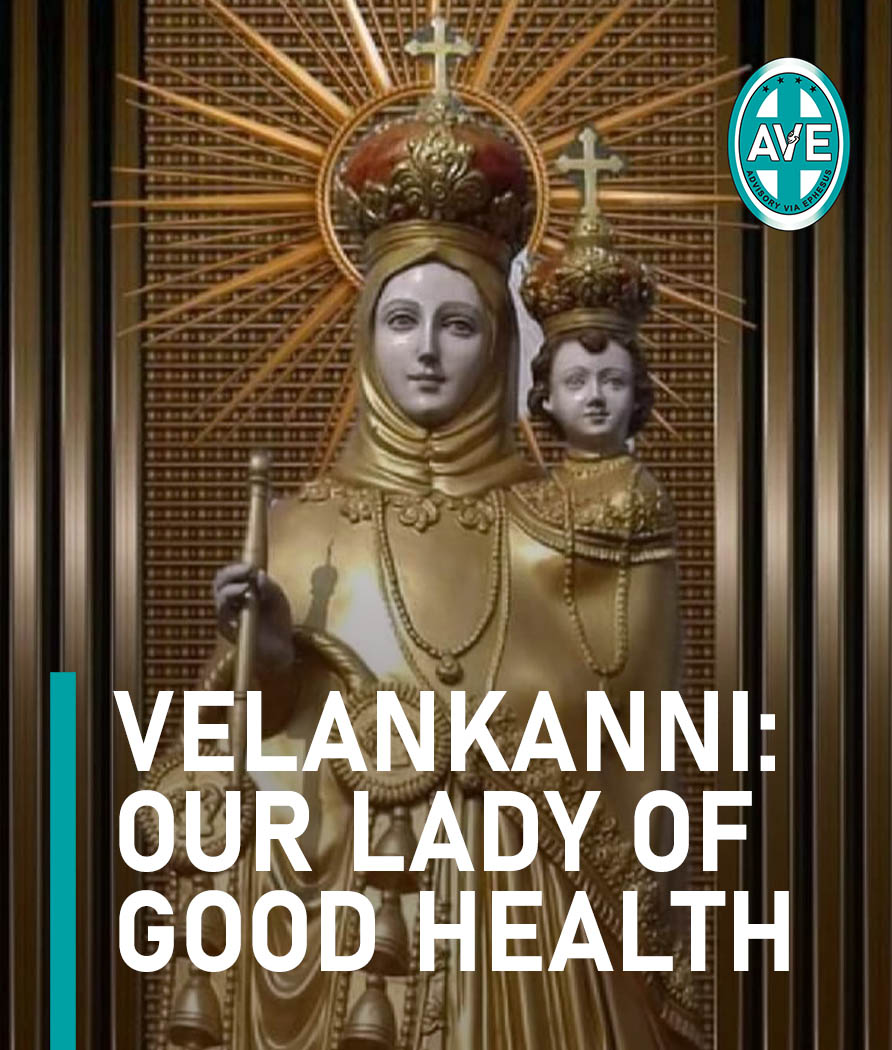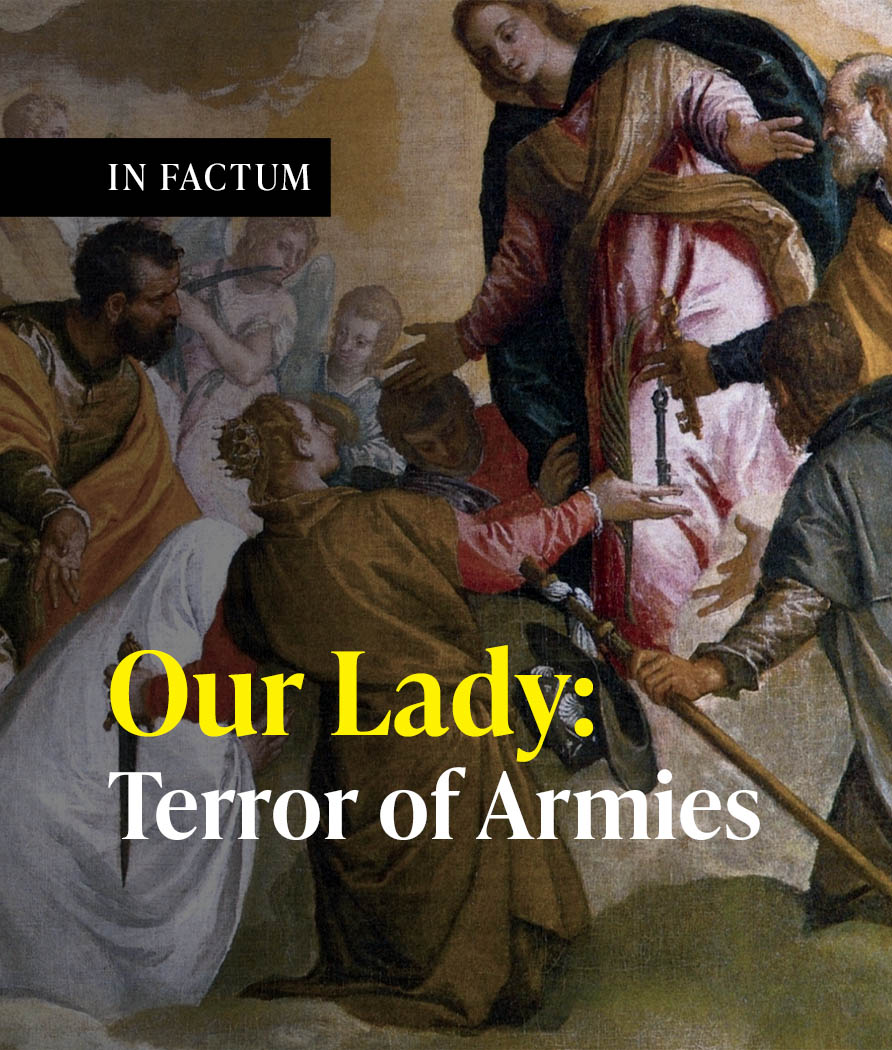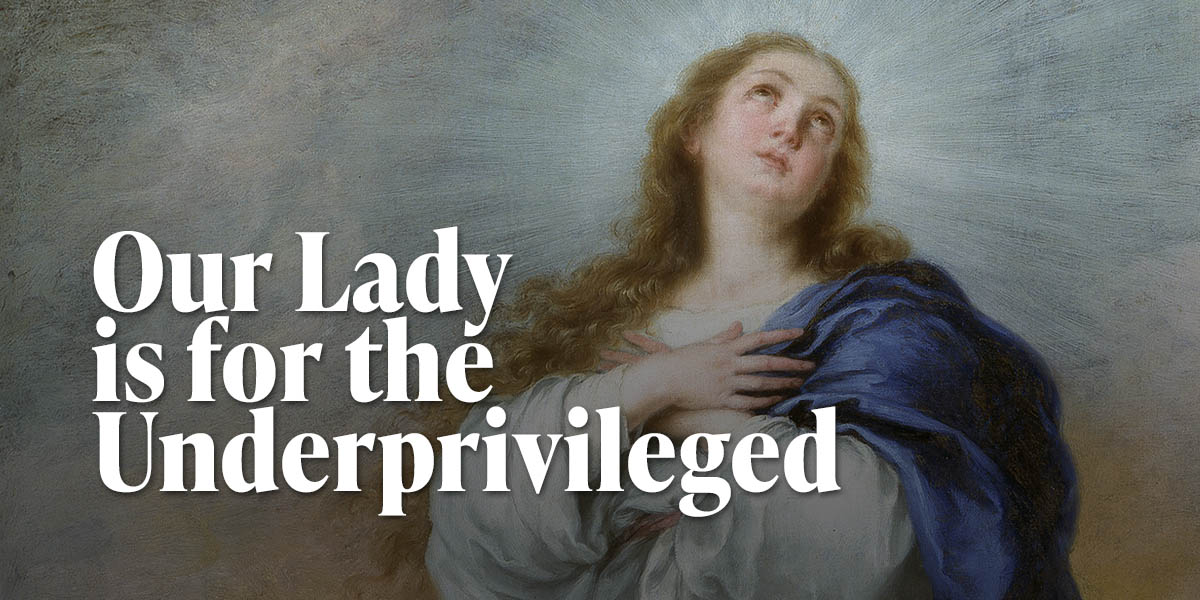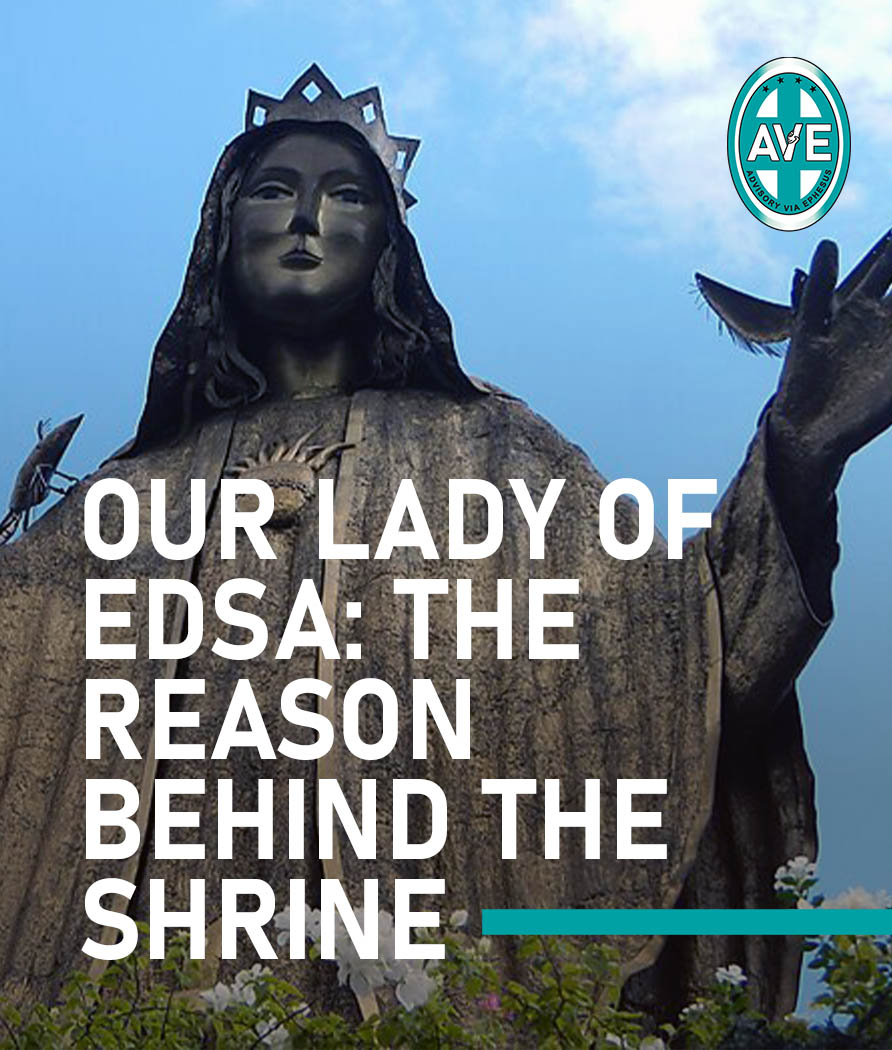Following Pope St. Pius V’s reformation in 1570, which is focused on Sacred Tradition, including the Holy Mass, the truth, and strengthening Catholic faith, there are no reforms in the following centuries. When modernism gradually infiltrated the church, causing some changes such as the Holy Mass, Pope St. Pius X fought the evil of modernism and restored everything to Christ. When St. Pius X died, modernists in the Catholic Church seized the opportunity to present their ideas to the Church, but they were unable to do so because the subsequent Popes also denied modernism. Then, in 1962, Pope John XXIII convened the Vatican II Council, which focuses on Modernism, the Liturgical Movement, and Ecumenism – a reunion with other Christian denominations such as the Protestants.





